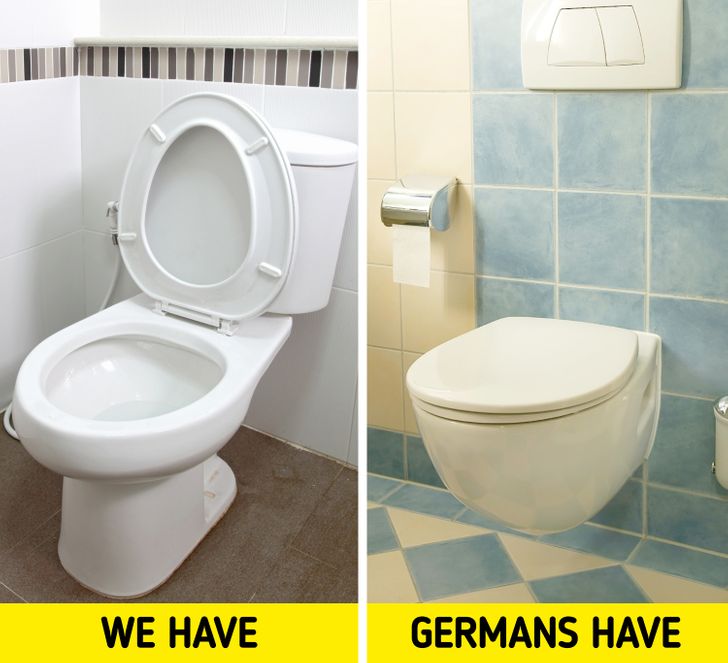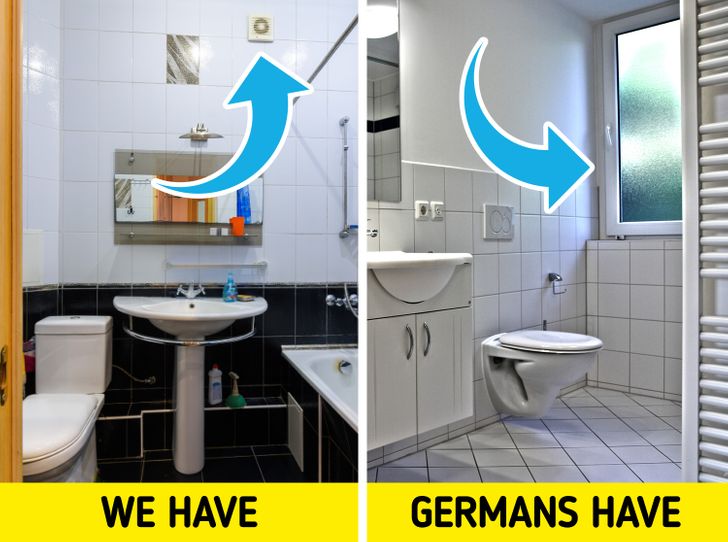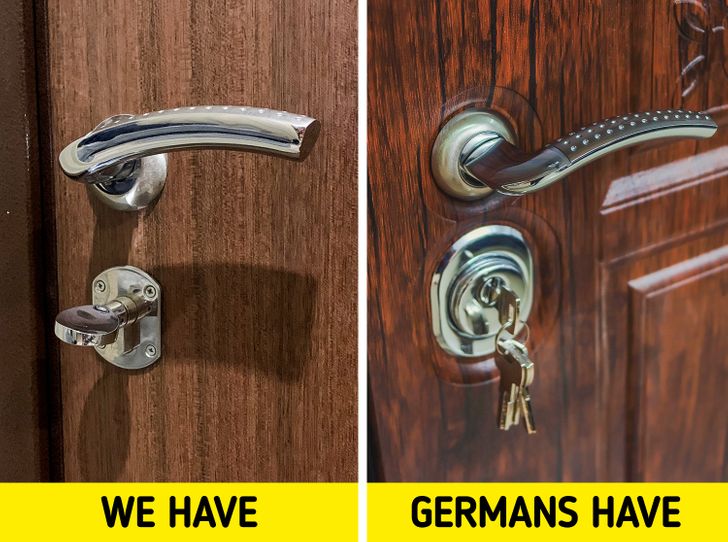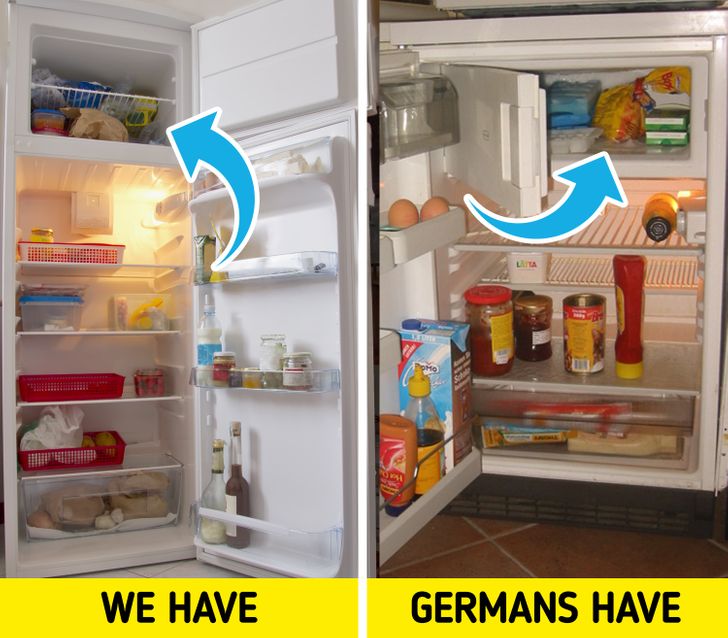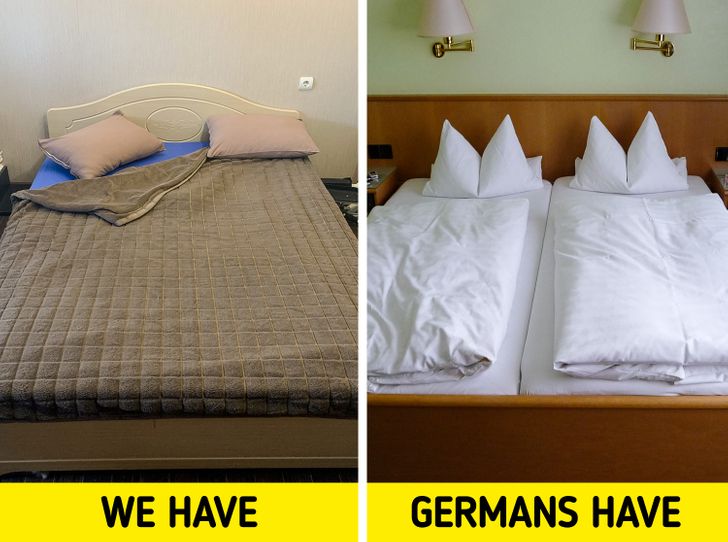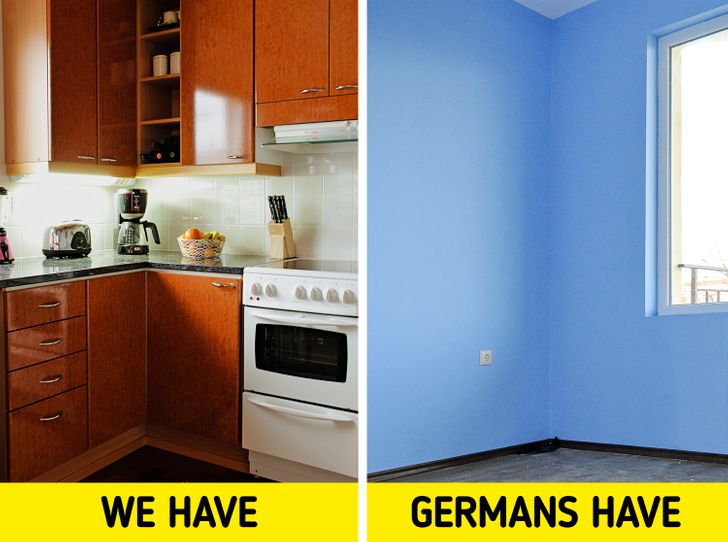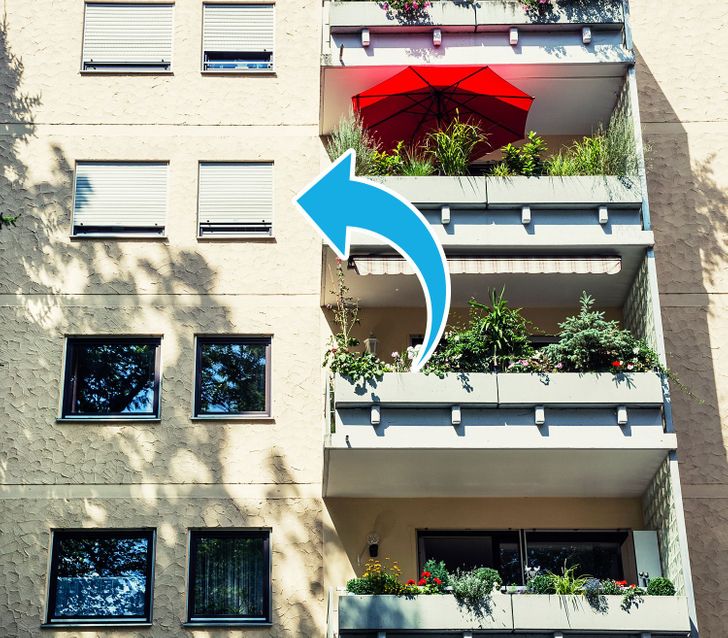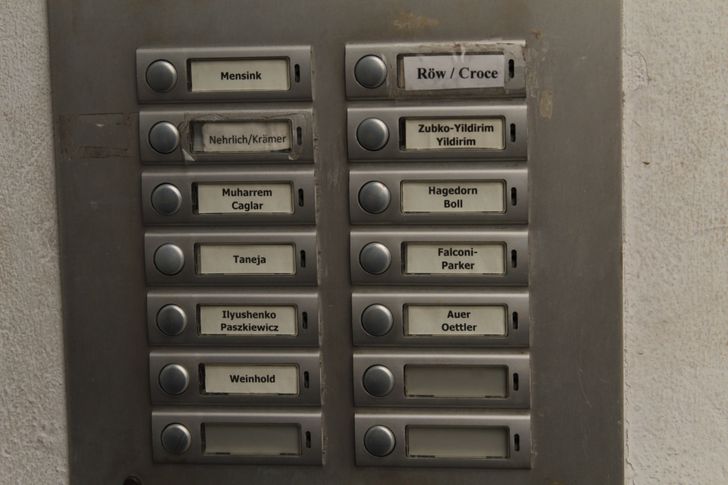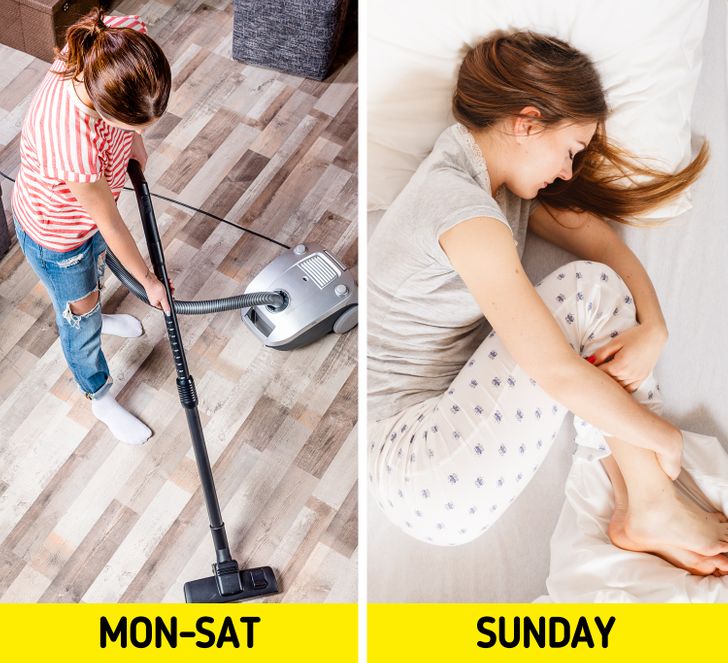A lot of these, if not all, are true in most European countries.
10 Peculiar Things About the German Lifestyle That Will Astonish Any Visitor

It is one thing to come to Germany as a tourist and notice a couple of peculiarities (for example, they don’t wear swimsuits in public baths and locker rooms are unisex there). But it is another thing when you live in the country for a while and learn the peculiarities of the Germans in their everyday life.
At Bright Side, we looked through the blogs of people who’ve moved to Germany. It turns out that they have quite a few eccentricities.
1. The toilets in many German apartments are built into the walls.
Very few German bathrooms have regular toilet bowls. In Germany, it is customary to install toilets with hidden tanks, and the toilets themselves are mounted directly into the wall. This leaves a lot of space under them. First, it saves space, and second, it makes cleaning easier.
There are usually 2 buttons for flushing water — large and small. This is an environmentally-friendly feature that is done to conserve water.
2. They usually have a window in the bathroom.
Most German apartments and houses don’t have air conditioning or even ventilation, although modern buildings usually have ventilation. The Germans ventilate their apartments by opening the windows.
The bathrooms also lack a ventilation system, so there is a window. This prevents mold from forming in the bathroom.
3. The doors in many houses can be locked from the inside only, with a key.
The main doors in German houses are a real quest for beginners. If you go out and slam the door, you won’t be able to get back in without a key because there is usually no handle on the back of the door that you can turn.
When you enter the house, you can lock and open the door from the inside only with a key. There is no latch you can turn.
4. A standard German fridge is much smaller than ours.
Small German fridges with tiny freezers are a really scary sight for tourists.
The Germans love to build refrigerators into their kitchen sets, also known as “built-in sets.” Usually, they are disguised as an ordinary cabinet. When a resident of another country comes to Germany, the first thing they think is that there is no fridge at all.
5. They use 2 mattresses instead of one on a king size bed.
Foreigners moving to Germany are indignant at first about the local mattress system, but then they fall in love with it. The thing is that 2 mattresses are placed on a king-size bed, side-by-side: this allows each couple to individually sleep the way they want. The Germans also use 2 small blankets instead of a big one.
Instead of the usual rectangular pillows, Germans sleep on huge square ones. And these pillows are said to be way too soft: as soon as you put your head on them, it immediately falls through. And this has been a tradition for years.
6. When the Germans move to another apartment, they take their kitchen set with them.
This might sound strange, but most apartments and houses in Germany are rented out without a kitchen. You will only find bare walls in the kitchen. As a consequence, when people move out, they take all of their kitchen appliances and furniture with them to their new homes.
One of the reasons is a fundamentally different attitude toward rent. In Germany, apartments and houses are rented for several years, and sometimes even decades. That is why it’s not profitable for a landlord to purchase a kitchen set and all the necessary appliances, while the tenant, on the contrary, is more willing to invest in home improvement, thinking of it almost as their own property.
7. Almost every window has blinds outside.
8. Mailboxes and house intercoms look pretty different here.
In German houses, the personal data of the tenants can be seen on the mailboxes. While intercoms have plates with the name of the person living in the apartment.
9. The Germans don’t keep eggs and milk in the fridge.
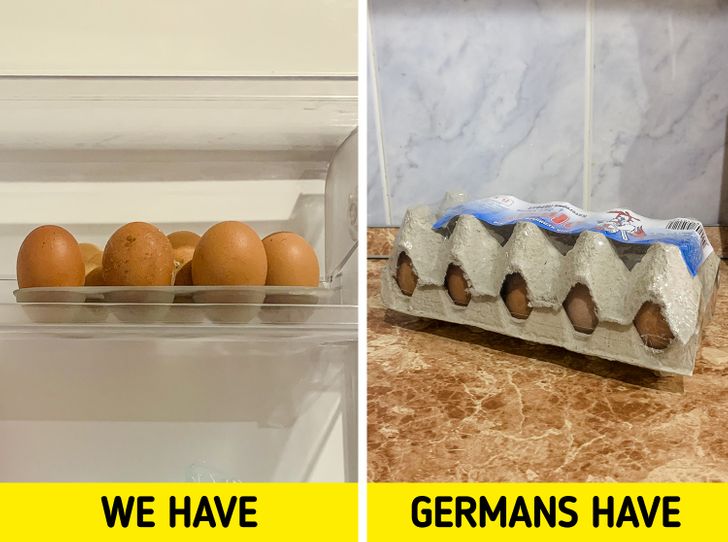
Eggs in Germany are not processed with chemicals before they are delivered to stores — therefore, they retain their natural protective shell. On the one hand, they might still be dirty. On the other hand, due to the lack of chemicals, eggs can be stored at room temperature. Though these eggs will have a shorter shelf life — only 1-2 weeks.
As for milk, almost all of it is UHT (milk is heated to a higher temperature than during pasteurization, which guarantees no bacteria inside). This allows milk to be stored without a fridge and for a longer period of time (about 3 months).
Besides, the size of a typical German fridge doesn’t allow anyone to keep a lot of food inside.
10. Life in German apartments and houses stops on Sundays.
In Germany, almost all shops are closed on Sunday (with rare exceptions), and people try to make less noise. If you turn on loud music or a lawnmower, your neighbors next door, outraged by the noise, can easily sue you.
Generally speaking, people are expected to keep noise to a reasonable level throughout most of the day, but places may also have “quiet hours” in which people are expected to keep quiet overnight. In many places, “quiet time” is between 8 pm and 7 am (20:00-7:00) Monday-Saturday and all day on Sundays and holidays. Some areas, like Hamburg, also have mid-day quiet hours between 1-3 pm.
Have you visited Germany? Do you like their way of life? Tell us in the comments below.
Comments
It seems that you don't know anything about my country, Jordan.
we have aii these things except the eggs outside the fridge.
#8 is so interesting 😇😇😇
Holy S, where do I start?
So much in this article is simply rubbish!
Fridges have a normal size. Small fridges are in small apartments, and are much more in common in the UK than in Germany. Even built-in fridges are the big ones, with a usually 3-drawers refrigerator on the bottom. I actually can’t remember any household I visited having a small fridge, apart from the one I moved into, and a big fridge was the first I purchased.
Germans WEAR a bath suit in public. Who the F came up with that?! There are very few designated beaches where you are allowed to be naked, but a public bath?! Come on! (The only thing where we are in fact naked is a sauna/steam room.) Unisex changing rooms? Yes: cubicles, with a lock, for one person! Group changing rooms are either female or male. So are showers etc. Quiet hours don’t exist anymore, for YEARS! And blinds outside the window? They exist, but are rare and not on „most windows“. We don’t keep milk in the freezer? Long life milk is for most Germans in the cupboard for emergencies. We prefer buying fresh milk like anyone else. Hence, we put them in a freezer. So most of us do with eggs, by the way.
Who did this research? Does the author even know where to find Germany on a map?
Some real facts: if you own a dog in Germany, you have to tax it. There is also a tax on rain (which is stupid, I agree). The washing-machine is usually in the bath room, never in the kitchen. Double glased windows are the standard. There are no door knockers, we only have bells. Public transport is indeed so on time, that the time tables (unlike in London where it states the bus comes every 6-8 minutes) show the exact minute (!) when the bus is expected to arrive, and you will see it coming around the corner 30 seconds before the scheduled time. Homeschooling is illegal. If you have mould in your apartment it’s most likely your fault, as every one knows how to prevent it. And: you are allowed to redecorate rented property: paining walls, changing flooring, putting nails into the walls, expressing yourself. Animals are usually allowed. Smoke alarms are mandatory for years, not just in rented but also in owned properties.
Flat or houseshares outside university time are very uncommon. People rather live alone in a small flat than with strangers in a bigger house.
Everyone in the UK bragging about they have done a First Aid course: In Germany everyone applying for a driving licence must physically attend a two day First Aid Course, otherwise they won’t get the licence.
And you are talking about our fridges being too small 🙀
#researchbeforepublishing
In my family we also lock the door from the inside with the key, always. Many our friends think it's weird but we are just used to do so :)
Related Reads
20 People Who Took Control of Their Lives and Changed Into Their Best Selves

25 Hilarious Photos That Prove Animals Are People in “Fur Coats”

15+ Heartfelt Times When Women Proved There’s a Rainbow After Every Storm

12 Moments That Remind Us Kindness Is What the World Needs Most

17 Stories That Prove Kindness Is the Most Beautiful Surprise Life Can Give

18 Stories That Prove Living in an Apartment Is Like Having a Front-Row Seat to a Comedy Show
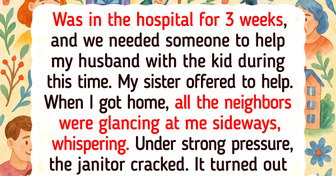
15 Stories That Prove Some People Live in a World With Totally Different Logic
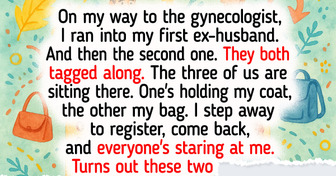
15 Acts of Kindness That Hit Different When You’re Losing Faith
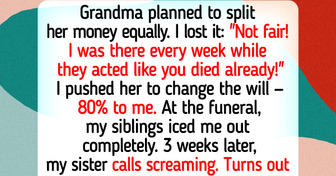
15+ People Who Just Went for a Walk and Found an Adventure

My MIL Stole My Daughter’s $50K College Fund—The Consequences Were Immediate
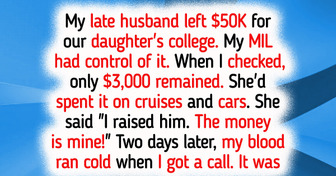
I Refuse to Host My Sister—I Don’t Care If She’s Homeless With 3 Kids

My Manager Tried to Destroy My Career but a Work Argument Showed Them the Truth

